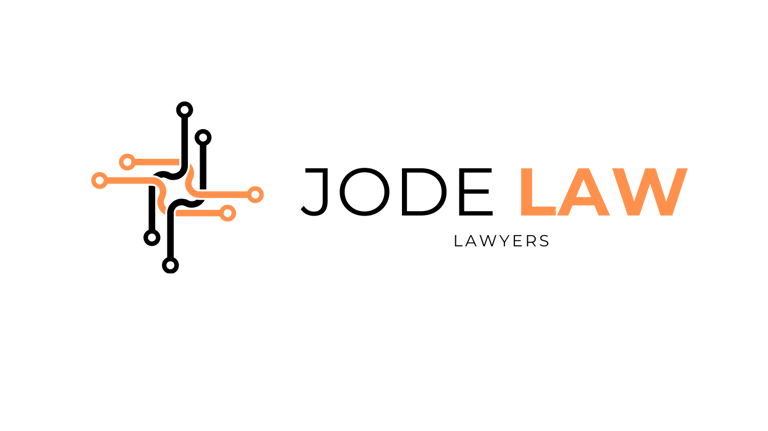
UNDERSTANDING HOLDING CORPORATIONS IN CANADA
AUTHOR: JUMI ODEPE
What Is a Holding Company?
A holding company ('HoldCo') is a corporation that exists mainly to own shares in another corporation (your operating company or 'OpCo'). It doesn’t usually have active business operations. While many business owners focus on operating and growing their businesses, those in the know recognize the strategic advantages that a holding corporation can offer. By holding equity stakes in the OpCo, holding corporations can influence the management and operations while protecting the assets from liabilities associated with those operating businesses. This article will help you understand what a holding corporation is, its functions, and its benefits within the Canadian corporate law framework.
How Do Holding Companies Work?
Ownership Structure:
You (or a family trust) own shares in the HoldCo.
The HoldCo owns shares in the OpCo (either wholly or partially).
Flow of Funds:
Your OpCo declares dividends to the HoldCo (tax-free in most intercorporate dividend cases if both companies are Canadian-controlled private corporations or CCPCs).
The HoldCo can retain earnings (defer personal tax), invest, or lend funds to other ventures.
You can receive personal income from the HoldCo if/when needed, often by way of dividends or salary (triggering personal tax then).
Benefits of a Holding Company
Tax Deferral: Keep money in HoldCo and delay personal tax until withdrawal.
Asset Protection: Funds in HoldCo are shielded from OpCo liabilities (lawsuits, creditors).
Investment Flexibility: HoldCo can invest in stocks, real estate, or lend to other businesses.
Income Splitting: Possible with proper structuring (e.g., a family trust holding shares).
Capital Gains Exemption: This can help you qualify for the Lifetime Capital Gains Exemption (LCGE) on OpCo shares if structured correctly.
Steps to Set Up a Holding Company
Incorporate the Holding Company:
Federal or provincial incorporation.
Consider naming and share structure carefully.
You can do this yourself or through a lawyer
Transfer Shares of OpCo to HoldCo:
Often done via a section 85 rollover to avoid triggering tax on the transfer.
You’ll need an accountant and lawyer for this.
Update Corporate Resolutions and Shareholder Agreements:
To reflect the new ownership structure.
Open Bank Accounts and Separate Records:
Keep finances clean between OpCo and HoldCo.
Things to Watch Out For
Passive income rules: If HoldCo earns too much passive investment income, it could reduce the small business deduction for OpCo.
Attribution rules: Careful planning is needed for income splitting, especially after tax rule changes (TOSI rules).
Legal and accounting costs: Initial setup and ongoing compliance come with fees.Definition of a Holding Corporation
Conclusion
A holding corporation in Canada represents a strategic framework for individuals and businesses looking to enhance their asset management, protect against liabilities, and optimize tax implications. As the corporate environment continues to evolve, understanding the functionalities and advantages of a holding corporation becomes increasingly essential for entrepreneurs and business owners within the competitive Canadian market.
The business lawyers at JODE LAW assist business owners across Ontario in setting up Holdcos and OpCos, tailored to their business needs. Contact our business lawyers today via email at lawyers@jodelaw.ca or call us at (647)255-7503
The articles published by Jode Law are intended as general information only and do not serve as legal advice. By reading, the reader understands there is no solicitor-client relationship established. If you have a legal question, you may consult one of our lawyers via email at lawyers@jodelaw.ca
RELATED POSTS

